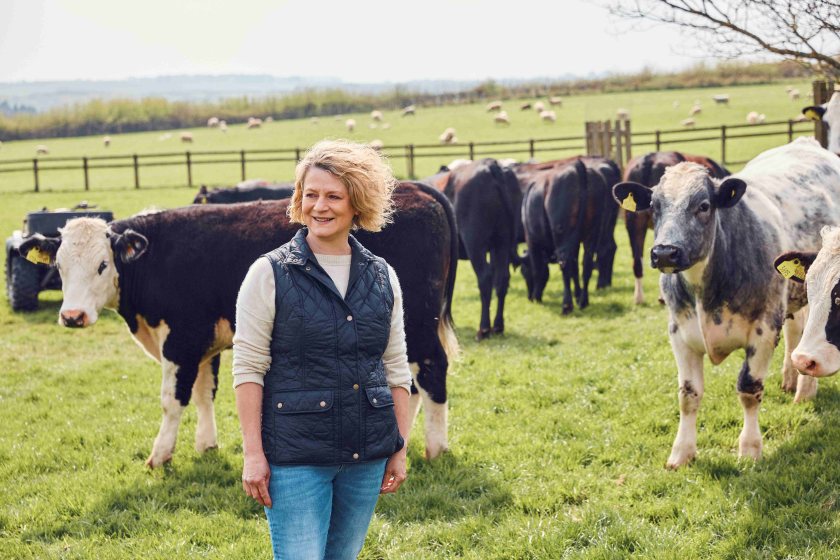
Lidl has announced it will 'financially reward' its beef farmer suppliers for achieving a reduction in carbon intensity and adopting regenerative farming techniques.
The retailer has announced measures today (22 July) to support the beef sector to become more sustainable, including the launch of a new Sustainable Beef Group.
Those in the group will be financially rewarded for improving biodiversity, as well as setting up soil and water quality parameters that are unique to each farm.
The supermarket chain said it will work with these farmers to improve herd performance, with all initiatives also aiming to improve farm profitability.
Hundreds of farms across the UK who supply Lidl have already been carbon footprinted to gather data.
In partnership with the agricultural consultancy Promar, each farm will be offered advice to reduce their emissions and support the sustainable growth of their businesses.
Within their partnership, Lidl and Dunbia have set a target to reduce their scope 3 emissions intensity by 28% per tonne of finished product, by 2030.
Richard Bourns, chief commercial officer at Lidl, said: “As one of the largest buyers of British beef, we recognise our responsibility to support farmers adopt sustainable practices.
"This market-leading programme underpins our long-term commitment to buying 100% British, whilst investing significantly in sustainable practices that exceed industry standards.
"It ensures our customers can continue to enjoy the best in high-quality, sustainably sourced British beef at the lowest possible prices."
Gill Higgins, group sustainability director at Dunbia, added: "This initiative will support British beef farmers in adopting more sustainable farming methods, while ensuring a consistent supply of high-quality beef for Lidl and their customers.
"This is a great example of how strategic partnerships and supply chain investment can support progress in the agri-food industry."
